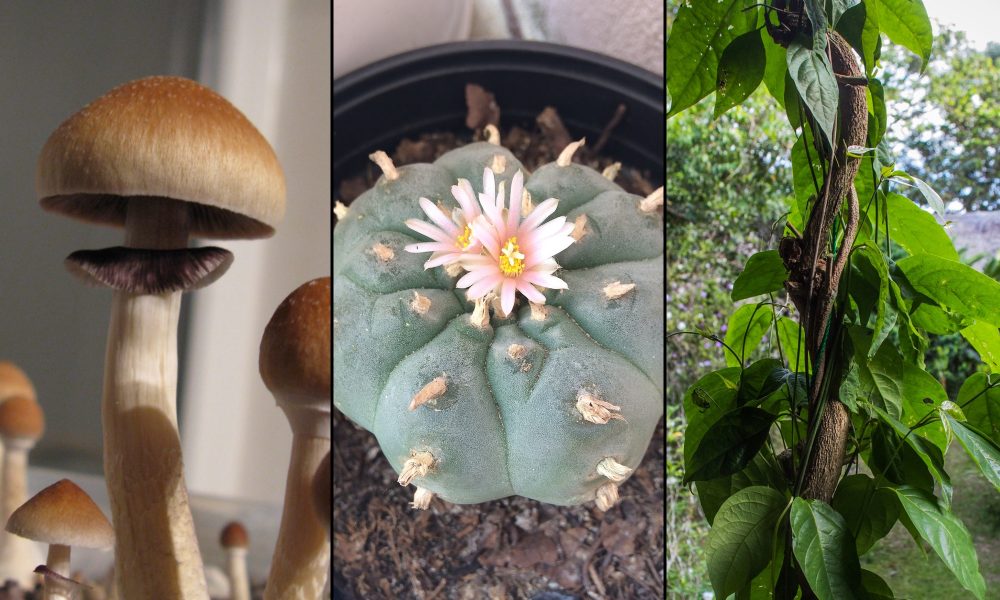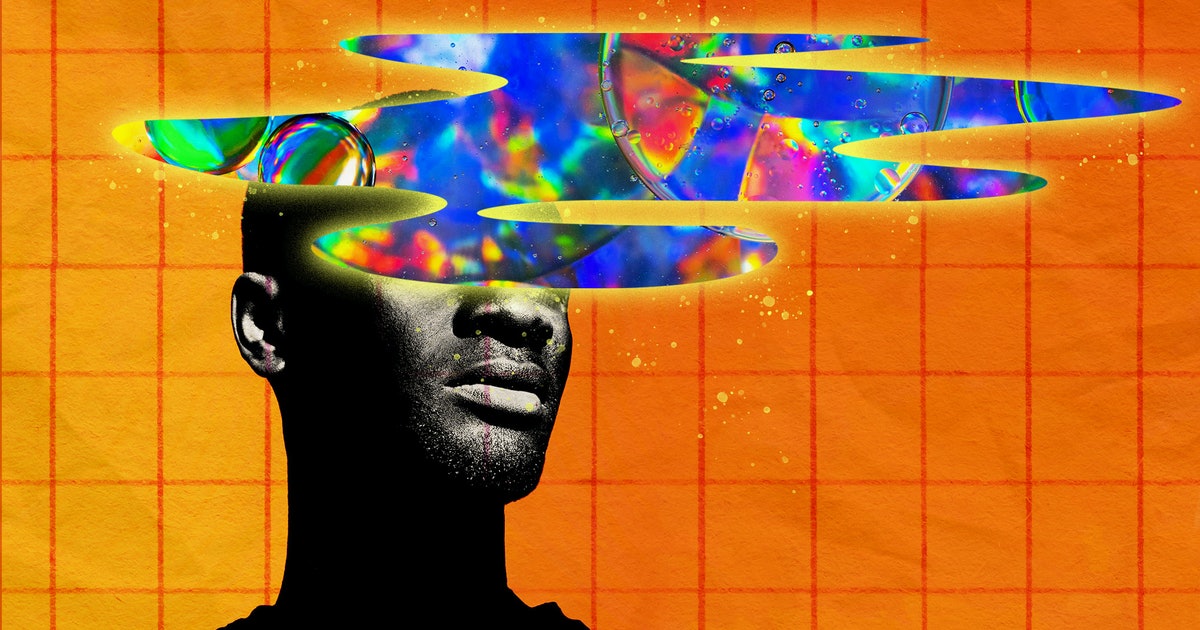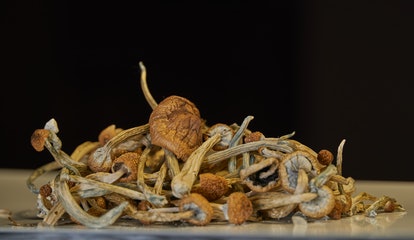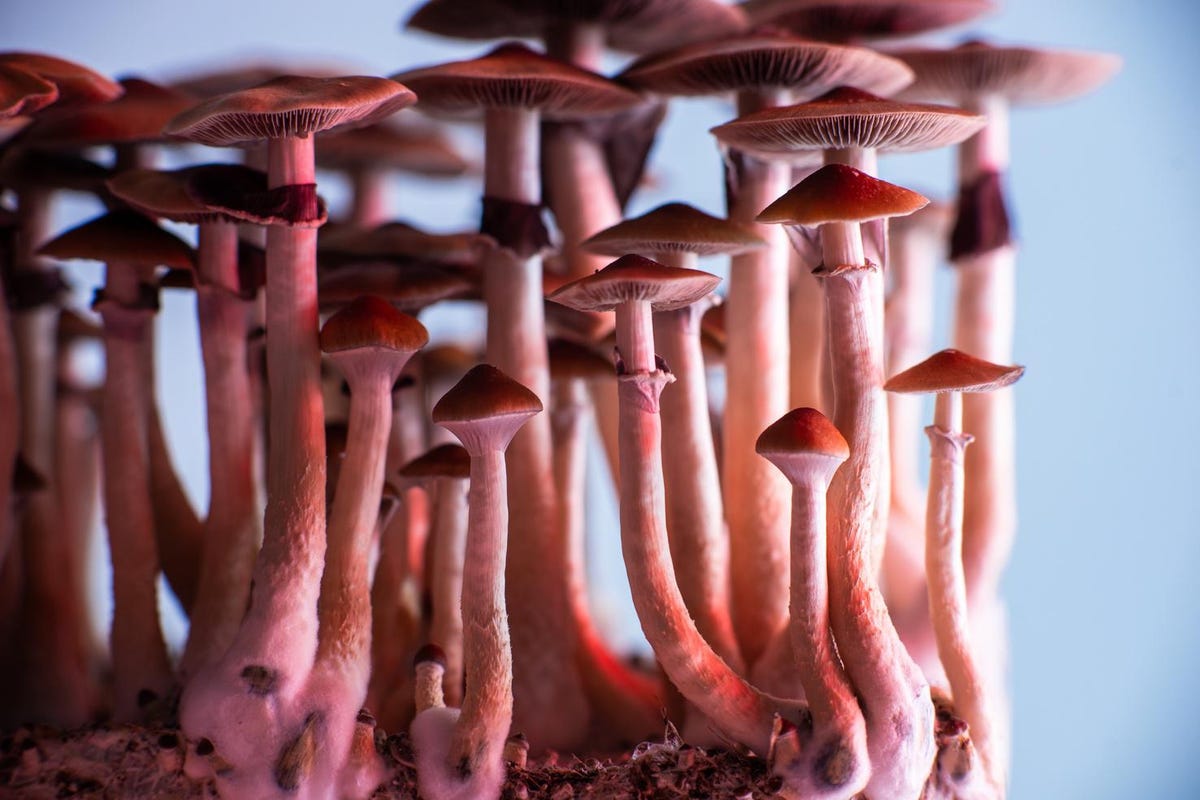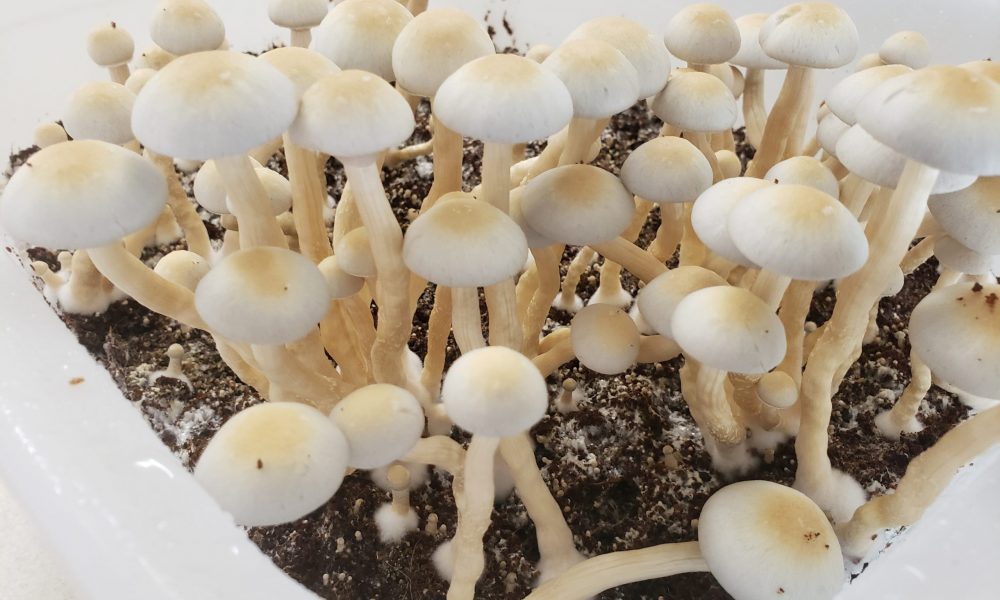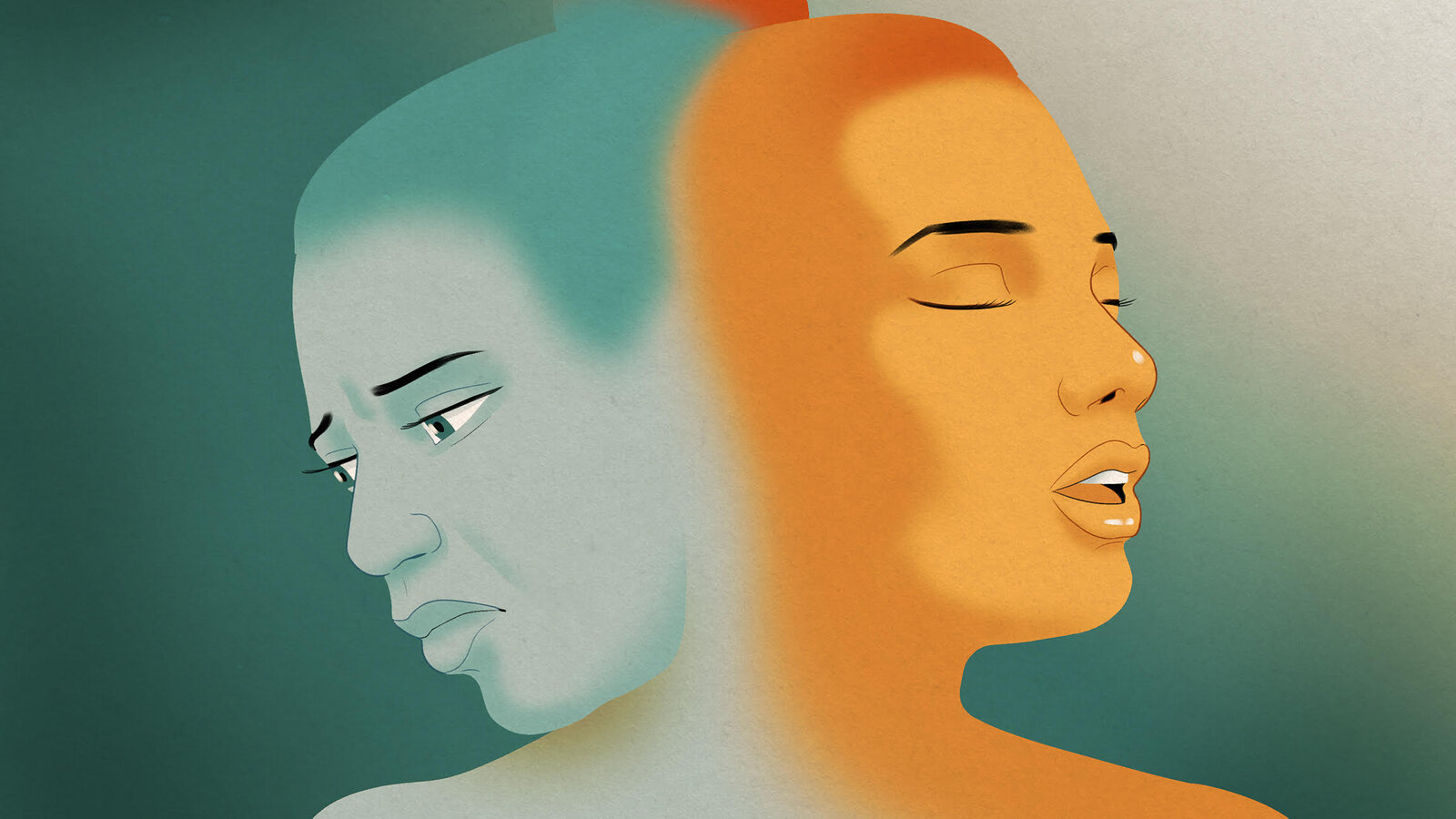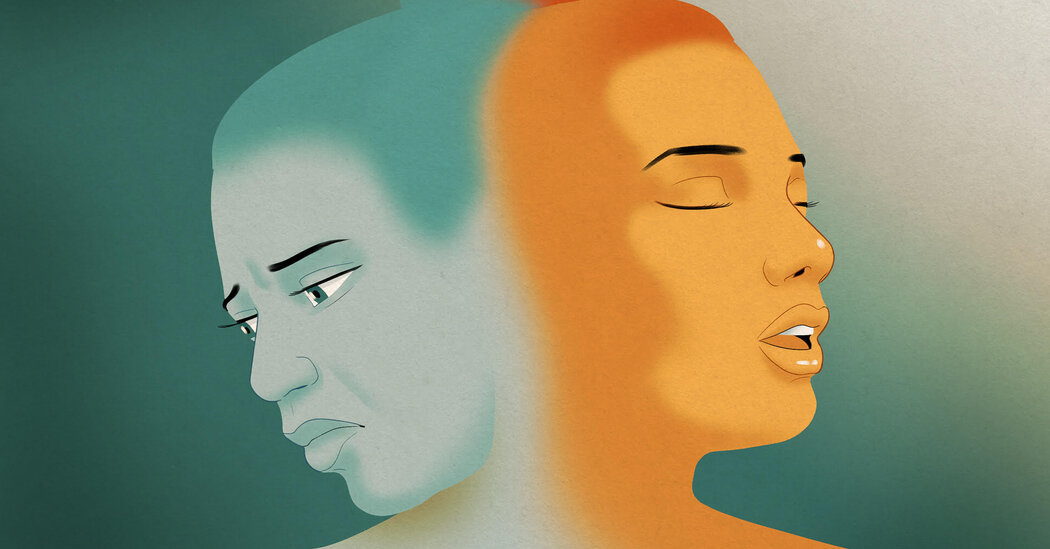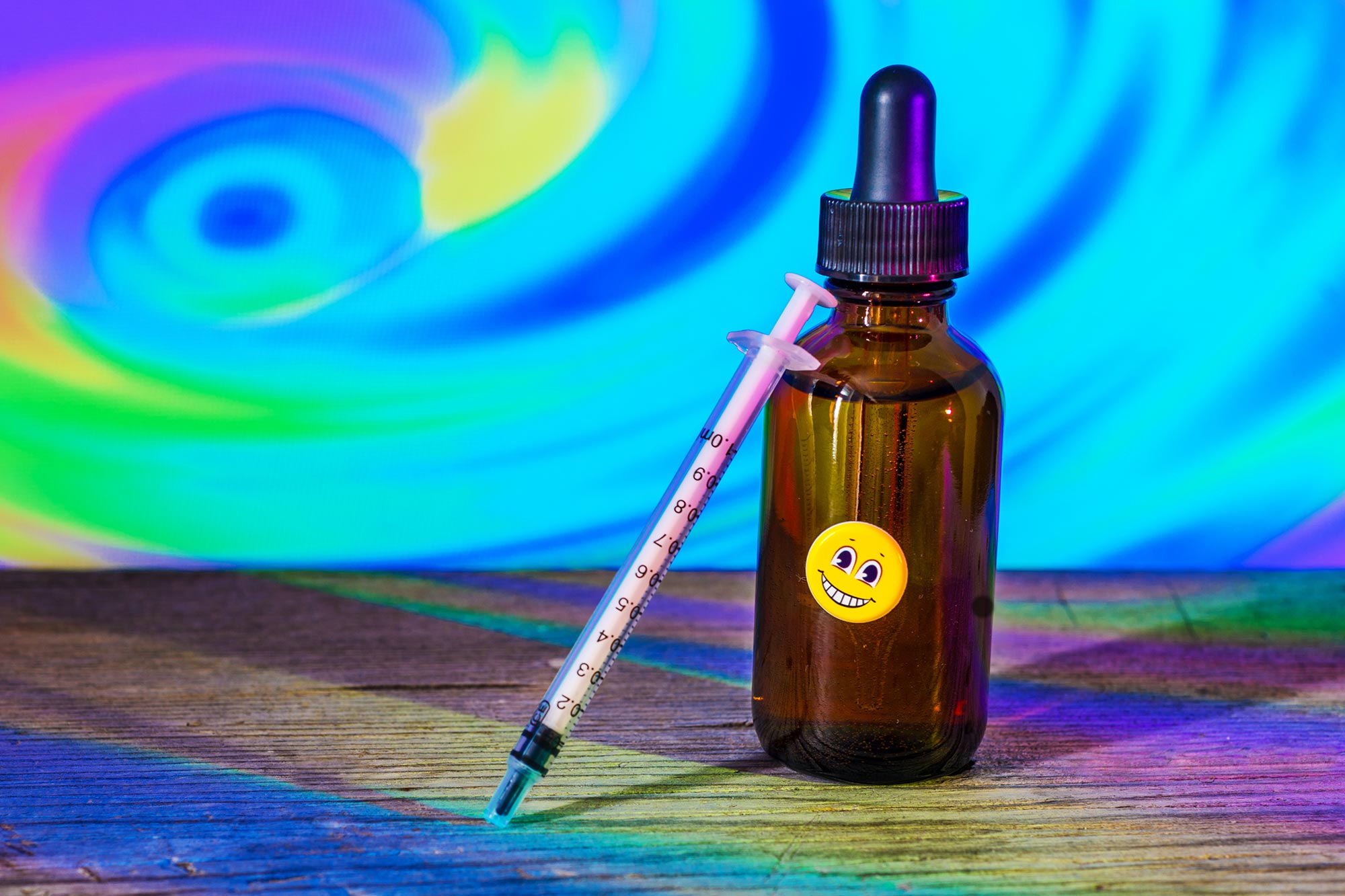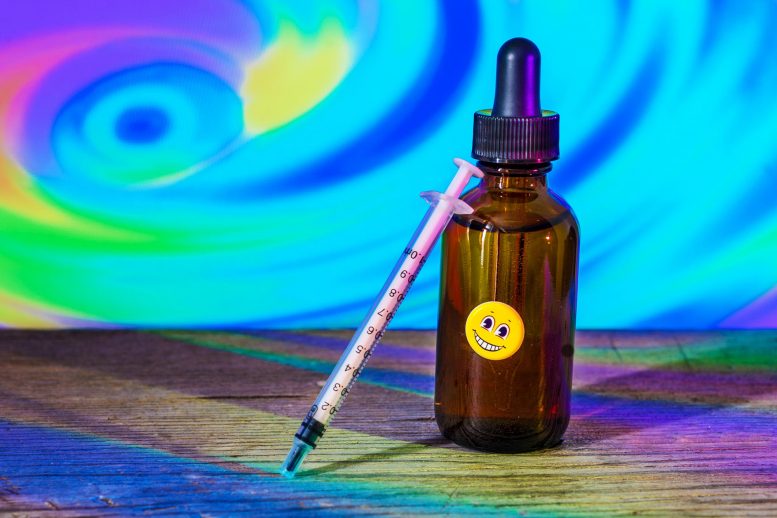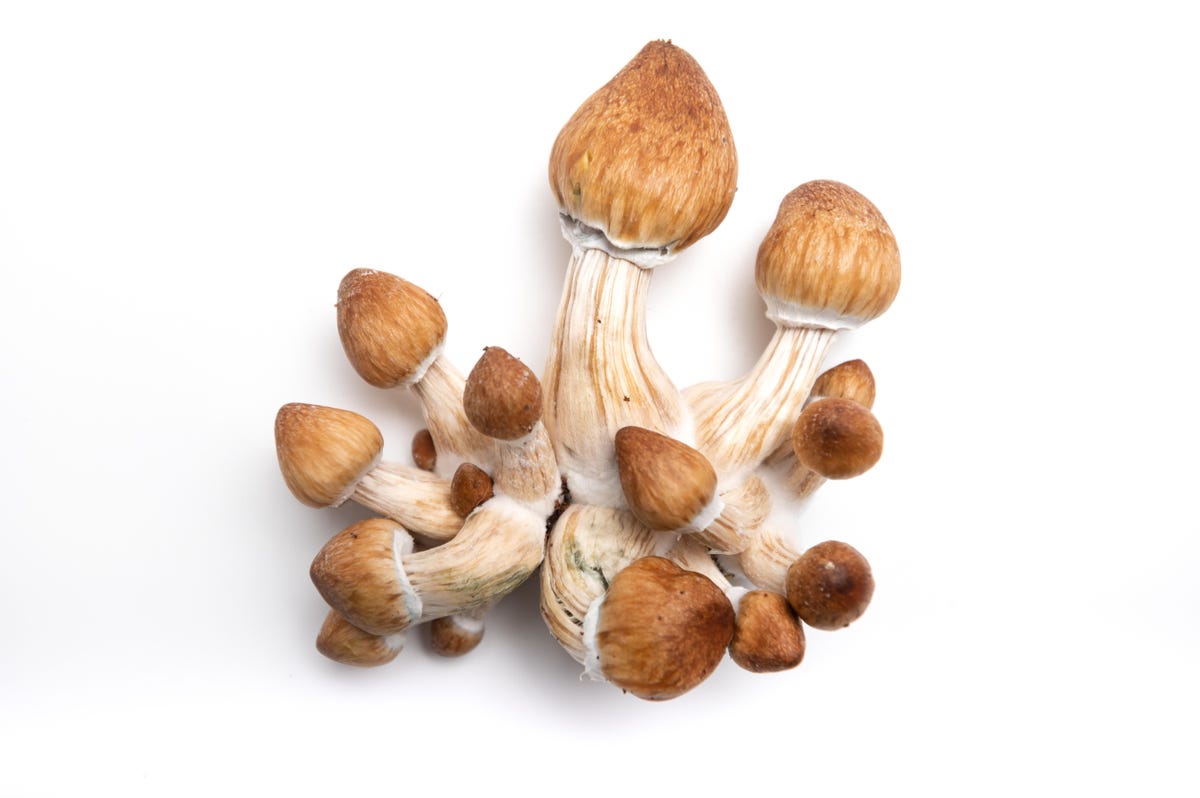A top federal drug official says the “train has left the station” on psychedelics.
National Institute on Drug Abuse (NIDA) Director Nora Volkow said people are going to keep using substances such as psilocybin—especially as the reform movement expands and there’s increased attention being drawn to the potential therapeutic benefits—and so researchers and regulators will need to keep up.
The comments came at a psychedelics workshop Volkow’s agency cohosted with the National Institute of Mental Health (NIMH) last week.
The NIDA official said that, to an extent, it’s been overwhelming to address new drug trends in the psychedelics space. But at the same time, she sees “an incredible opportunity to also modify the way that we are doing things.”
“What is it that the [National Institutes of Health] can do to help accelerate research in this field so that we can truly understand what are the potentials, and ultimately the application, of interventions that are bought based on psychedelic drugs?” Volkow said.
The director separately told Marijuana Moment on Friday in an emailed statement that part of the challenge for the agency and researchers is the fact that psychedelics are strictly prohibited as Schedule I drugs under the federal Controlled Substances Act.
“Researchers must obtain a Schedule I registration which, unlike obtaining registrations for Schedule II substances (which include fentanyl, methamphetamine, and cocaine), is administratively challenging and time consuming,” she said. “This process may deter some scientists from conducting research on Schedule I drugs.”
“In response to concerns from researchers, NIDA is involved in interagency discussions to facilitate research on Schedule I substances,” Volkow said, adding that the agency is “pleased” the Drug Enforcement Administration recently announced plans to significantly increase the quota of certain psychedelic drugs to be produced for use in research.
“It will also be important to streamline the process of obtaining Schedule I registrations to further the science on these substances, including examining their therapeutic potential,” she said.
At Thursday’s event, the official talked about how recent, federally funded surveys showed that fewer college-aged adults are drinking alcohol and are instead opting for psychedelics and marijuana. She discussed the findings in an earlier interview with Marijuana Moment as well.
Don’t miss out on the @NIDAnews, @NIAAAnews, & @NIMHgov-sponsored virtual Workshop on Psychedelics as Therapeutics: Gaps, Challenges, and Opportunities, Jan. 12‒13, 2022. Learn more and register: https://t.co/S1zttkoYXq pic.twitter.com/C2Qrk6FN9a
— NIDAnews (@NIDAnews) January 10, 2022
“Let’s learn from history,” she said. “Let’s see what we have learned from the marijuana experience.”
While studies have found that marijuana use among young people has generally remained stable or decreased amid the legalization movement, there has been an increase in cannabis consumption among adults, she said. And “this is likely to happen [with psychedelics] as more and more attention is placed on these psychedelic drugs.”
“I think, to a certain extent, with all the attention that the psychedelic drugs have attracted, the train has left the station and that people are going to start to use it,” Volkow said. “People are going to start to use it whether [the Food and Drug Administration] approves or not.
There are numerous states and localities where psychedelics reform is being explored and pursued both legislatively and through ballot initiative processes.
On Wednesday—during the first part of the two-day federal event that saw nearly 4,000 registrants across 21 time zones—NIMH Director Joshua Gordon stressed that his agency has “been supporting research on psychedelics for some time.”
Tune in today and tomorrow for the @NIH workshop on Psychedelics as Therapeutics, which will examine findings on psychoplastogens for treating depression, post-traumatic stress, and substance and alcohol use disorders. https://t.co/Qzxte5xJt9
— Joshua A. Gordon (@NIMHDirector) January 12, 2022
“We can think of NIMH’s interests in studying psychedelics both in terms of proving that they work and also in terms of demonstrating the mechanism by which they work,” he said. “NIMH has a range of different funding opportunity announcements and other expressions that are priorities aimed at a mechanistic focus and mechanistic approach to drug development.”
Meanwhile, Volkow also made connections between psychedelics and the federal response to the coronavirus pandemic. She said, for example, that survey data showing increased use of psychedelics “may be a way that people are using to try to escape” the situation.
But she also drew a metaphor, saying that just as how the pandemic “forced” federal health officials to accelerate the development and approval of COVID-19 vaccines because of the “urgency of the situation,” one could argue that “actually there is an urgency to bring treatments [such as emerging psychedelic medicines] for people that are suffering from severe mental illness which can be devastating.”
But as Volkow has pointed out, the Schedule I classification of these substances under federal law inhibits such research and development.
The official has also repeatedly highlighted and criticized the racial disparities in drug criminalization enforcement overall.
Delaware Lawmakers File New Marijuana Legalization Bill With Key Equity Revisions
